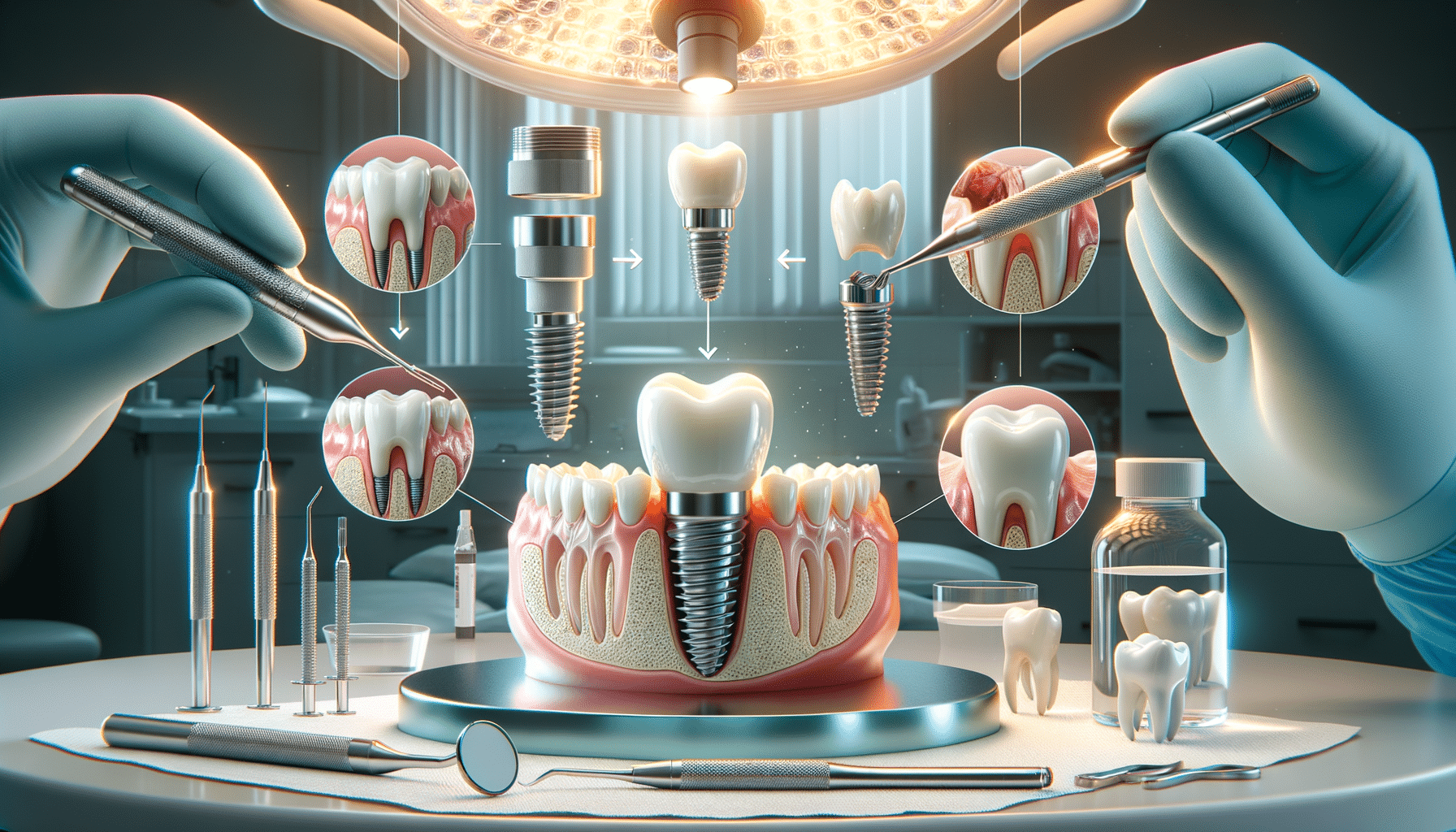
Dental implants: costs, benefits, alternatives, and modern dental solutions
The Importance of Dental Implants
Dental implants have become a pivotal solution for individuals seeking to restore their smiles and improve oral health. As a permanent and durable option, dental implants offer numerous benefits, making them a preferred choice for many. Understanding the importance of dental implants involves recognizing their role in enhancing quality of life, providing aesthetic and functional improvements, and contributing to overall health. By exploring the various aspects of dental implants, individuals can make informed decisions about their dental care.
Understanding the Cost of Dental Implants
The cost of dental implants can vary significantly based on several factors, including the complexity of the procedure, the materials used, and the geographic location. Generally, dental implants are considered an investment in long-term oral health. While the initial cost may seem high, the longevity and durability of implants often justify the expense. Patients should consider the following when evaluating costs:
- Consultation fees and diagnostic imaging
- Surgical procedures and anesthesia
- Post-operative care and follow-up visits
Many dental practices offer financing options to help manage the cost, making implants accessible to a broader range of patients. It’s important to discuss these options with your dental provider to find a solution that fits your budget.
The Benefits of Dental Implants
Dental implants provide several benefits that extend beyond mere aesthetics. They are designed to mimic natural teeth closely, offering a seamless blend with existing teeth. Some of the key benefits include:
- Improved speech and comfort
- Enhanced chewing ability and dietary options
- Prevention of bone loss in the jaw
- Long-lasting solution with proper care
By opting for dental implants, patients can experience a significant boost in confidence and quality of life, knowing their dental health is well-supported.
Exploring Alternatives to Dental Implants
While dental implants are a popular choice, they may not be suitable for everyone. Alternatives such as dentures, bridges, and partial dentures offer viable options for those seeking different solutions. Each alternative has its own set of advantages and considerations:
- Dentures: Removable and cost-effective, but may require regular adjustments.
- Bridges: Fixed and stable, but rely on adjacent teeth for support.
- Partial Dentures: Ideal for those missing only a few teeth, offering a removable option.
Consulting with a dental professional can help determine the best course of action based on individual needs and oral health conditions.
Modern Dental Solutions and Innovations
The field of dentistry is continuously evolving, with new technologies and techniques enhancing the effectiveness and accessibility of dental implants. Advances such as 3D imaging, computer-aided design, and minimally invasive surgery have revolutionized the way implants are placed and maintained. These innovations offer several advantages:
- Reduced recovery time and discomfort
- Increased precision in implant placement
- Personalized treatment plans tailored to individual needs
Staying informed about these advancements can empower patients to make educated decisions about their dental health and explore the most suitable options available.
Conclusion: Making Informed Decisions About Dental Implants
Dental implants represent a significant advancement in dental care, offering numerous benefits for those seeking to restore their smiles and improve oral health. By understanding the costs, benefits, and alternatives, patients can make informed decisions that align with their needs and lifestyle. As dental technology continues to evolve, staying informed about modern solutions will ensure that individuals receive the best care possible, enhancing their quality of life and confidence.